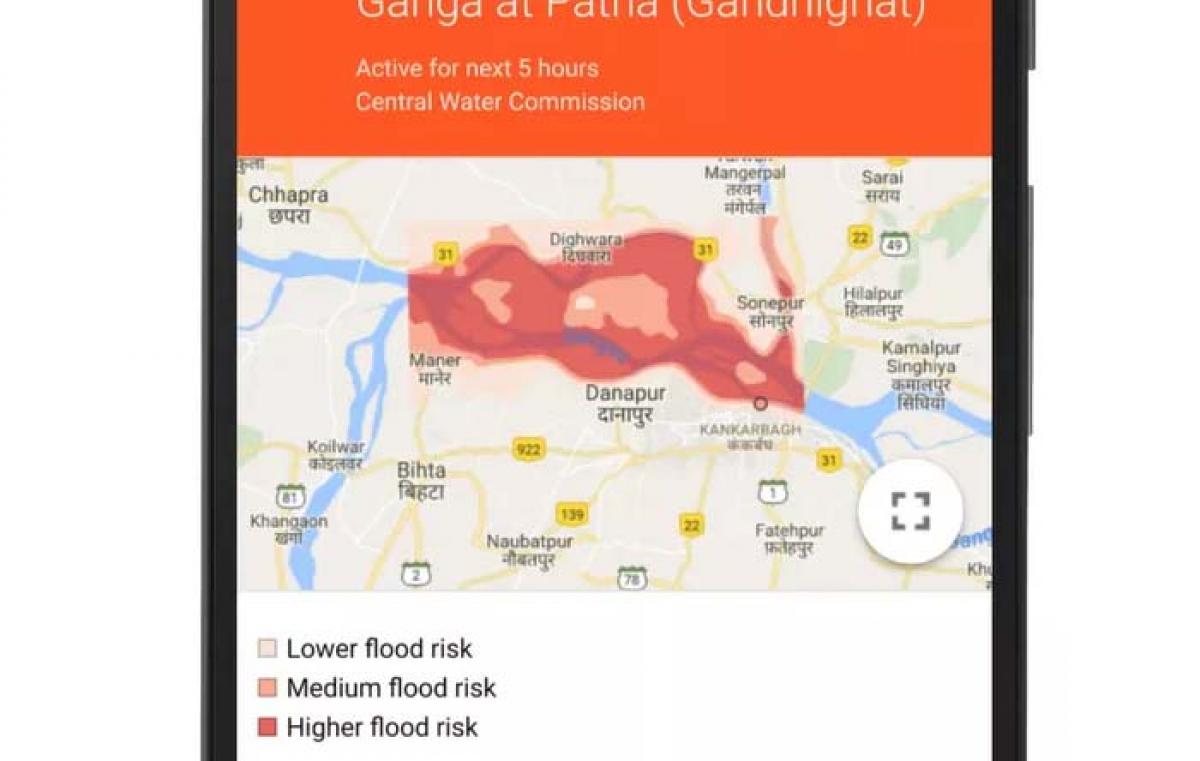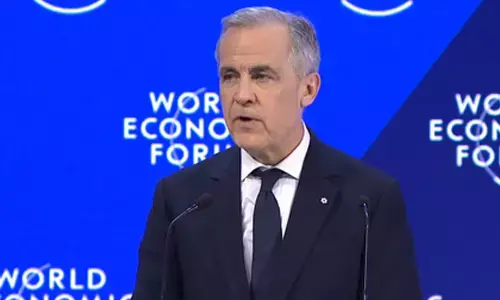Google is using AI to predict floods in India and warn users

For years Google has warned users about natural disasters by incorporating alerts from government agencies like FEMA into apps like Maps and Search Now, the company is making predictions of its own
For years Google has warned users about natural disasters by incorporating alerts from government agencies like FEMA into apps like Maps and Search. Now, the company is making predictions of its own. As part of a partnership with the Central Water Commission of India, Google will now alert users in the country about impending floods. The service is only currently available in the Patna region, with the first alert going out earlier this month.
As Google’s engineering VP Yossi Matias outlines in a blog post, these predictions are being made using a combination of machine learning, rainfall records, and flood simulations.
“A variety of elements — from historical events, to river level readings, to the terrain and elevation of a specific area — feed into our models,” writes Matias. “With this information, we’ve created river flood forecasting models that can more accurately predict not only when and where a flood might occur, but the severity of the event as well.”
The US tech giant announced its partnership with the Central Water Commission back in June. The two organizations agreed to share technical expertise and data to work on the predictions, with the Commission calling the collaboration a “milestone in flood management and in mitigating the flood losses.” Such warnings are particularly important in India, where 20 percent of the world’s flood-related fatalities are estimated to occur.
Google already issues warnings about natural disasters via its Google Public Alert program. Alerts are layered into apps like Google Search, Maps, and Google Nows. They cover warnings for events like hurricanes and earthquakes issued by government agencies in a dozen countries, including the US, Canada, Japan, and Brazil. Google says it’s sent out “tens of thousands” of public alerts viewed more than 1.5 billion times. It’s also activated SOS Alerts — which indicate a higher threat level — more than 200 times.
Using artificial intelligence to better understand natural disasters is not a new area of research in itself. Numerous papers have been published on the subject, and trials are being run by both cities and companies like Microsoft and IBM to test and implement such models. In many ways, it’s a perfect challenge for machine learning. Predicting events like earthquakes and floods means sorting through huge troves of complex data to uncover previously overlooked connections. Just the sort of thing AI excels at.
For Google, though, this also sets an interesting precedent. In its blog post announcing the feature, the company framed the work as a natural extension of its mission to “provide people with the information they need.” Warnings about upcoming floods certainly fall into the category of “important information” and so Google wants to provide it.
But how far will initiatives like this go? What else will Google predict, and when does the company stop being simply a megaphone which governments can use to alert their citizens, and start being responsible for this crucial work of public safety itself?
As India’s Central Water Commission makes clear, it partnered with the US tech giant because the company’s expertise in artificial intelligence means it can make better predictions that the Commission can alone. With Google’s data and AI chops, it’s interesting to think about what else the company might predict that governments can’t.
Source: The Verge
















